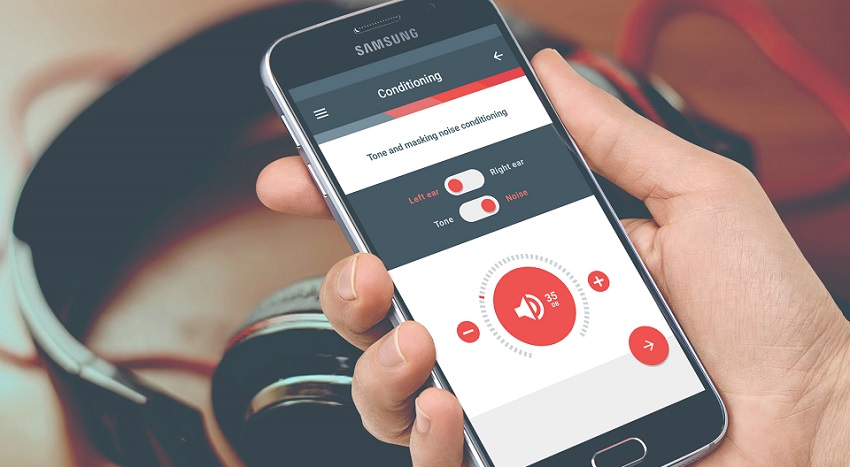South African e-health startup hearScreen, which has developed a smartphone app detects hearing loss and links patients to health services, is active in more than 25 countries across the world and planning on expanding to a further 15 by the end of next year.
Developed at the University of Pretoria by Prof De Wet Swanepoel and Dr Herman Myburgh in 2013, hearScreen launched as a startup during last year.
The startup’s technology uses a smartphone and headphone, together with a custom-developed software application, to detect hearing loss. The test incorporates real-time environmental monitoring during testing to ensure compliant noise levels, onsite data capturing and sharing capabilities, and a referral database for healthcare providers.
“Our innovation is unique in its cost effectiveness, reducing costs by more than 80 per cent, its standardised test sequences with automated interpretation that allows non-specialist personnel to conduct screening in resource constrained environments, and its real-time environmental monitoring,” chief executive officer (CEO) Nic Klopper told Disrupt Africa.
“The software turns the phone’s microphone into a calibrated sound level meter that monitors environmental noise during testing to ensure noise levels do not interfere with test results.”
Screening for two ears is completed in less than 60 seconds, while the device used does not require electricity during operation, allowing for application in rural and underserved areas with limited infrastructure.
All of this has resulted in hearScreen quickly going global, with the solution being used in more than 25 countries worldwide by organisations like the World Health Organisation (WHO), Partners in Health, USAID, and the London School of Tropical Medicine.
Klopper said it plans to expand to 40 countries by the end of next year.
There is certainly demand. In South Africa, 3.2 million people – six per cent of the population – suffers from disabling hearing loss. Globally, 360 million people – or 5.3 per cent of the world’s population – are sufferers. In 2030 hearing loss will be the seventh most important contributor to the global burden of disease, above HIV/AIDS and tuberculosis.
Though hearing screening is the first access point for the identification of hearing loss, testing is currently expensive and inaccessible.
hearScreen solves these problems, providing an entirely new solution for traditional barriers to the detection of disabling hearing loss by using low cost, commercially available hardware and an app.
“Besides cutting costs, the innovation significantly improves and alters current models of school and community-based prevention for hearing loss by allowing non-specialist personnel to conduct screening in resource constrained environments,” Klopper said.
Quality control features such as environmental noise monitoring, automated testing and interpretation along with cloud-based data management and surveillance differentiate it entirely from current options, he said.
“Location-based data also enables direct communication with patients, or their caregivers, by text message or email linking them to their closest hearing health providers,” Klopper said.
To date bootstrapped with funds received from various grant funders such as the Technology Innovation Agency (TIA) and Innovation Edge, hearScreen is in the process of raising its first seed round of investment from international angel investors. Klopper expects that to be completed within the next three months.
So far, more than 20,000 people globally have been screened using the solution, with Klopper anticipating the startup will be screening almost 170,000 each year by 2018 as it expands after raising funding. This should translate into healthy revenues, with the hearScreen hardware sold for an upfront fee, and the software subscribed to on a monthly basis.
The monthly subscription pricing is dependent on the amount of screenings conducted on a monthly basis,” Klopper said.
https://www.youtube.com/watch?v=m_Dy89q85jg


